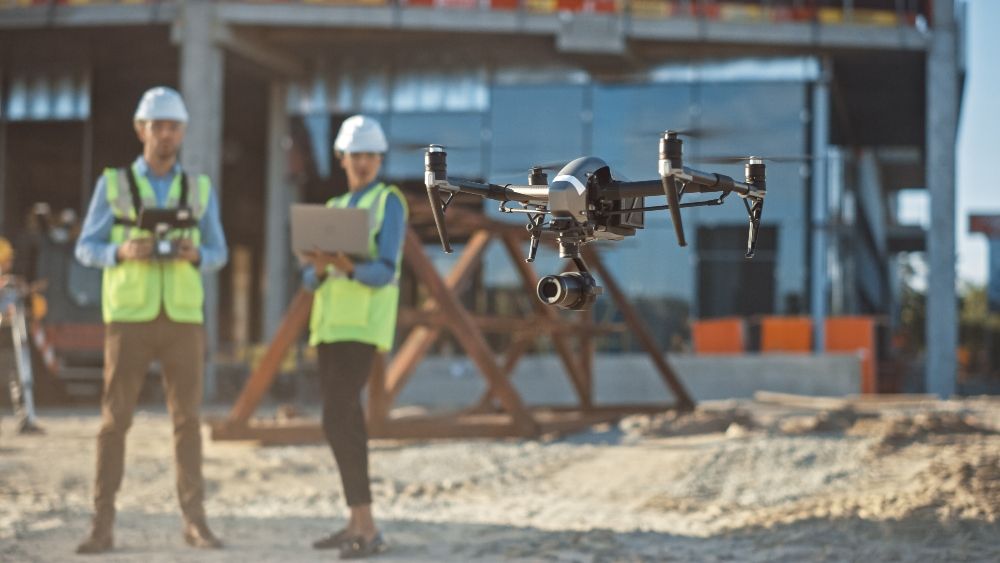
The insights in this article come from our event The Proptech Panel: What Lies Ahead?
Thanks to our contributors Julian Kezelman (Taronga Ventures), Rebecca Cope (Ashurst) and Angus Moore (PropTrack).
Let's take a look at how ESG is shaping the future of property technology, from legal frameworks and investor expectations to market trends and opportunities.
What is ESG and why does it matter in proptech?
ESG stands for Environmental, Social, and Governance. It’s a framework used to assess how responsibly a company operates.
For the property and real estate technology (proptech) sector, ESG plays a critical role. Buildings are major contributors to carbon emissions, use large amounts of energy and water, and impact the people who live and work in them.
So as cities grow and technology advances, ESG is becoming essential, not just for doing good, but for doing business.
Investors, governments, and building owners are all placing increasing value on solutions that improve sustainability, social outcomes, and responsible governance.
How proptech ESG makes a difference
One of the biggest shifts in with ESG in the real estate world is how we manage buildings.
It used to be manual – clipboards, on-site inspections, and spreadsheets. Now, proptech tools are automating and improving the whole process.
Take Trendspek as an example. It uses drones to capture detailed photos of buildings and turns them into interactive 3D models. These models can then be used to check for damage, plan maintenance, and even model improvements, without sending someone up a ladder.
Tools like this save time, reduce costs, and make buildings safer, more ESG compliant, and more efficient.
How ESG works here and abroad
To get real value from ESG, proptech companies need to take a broad view to know how it affects everyone involved: employees, customers, service providers, building owners, and communities.
In Australia, proptech companies are using ESG to improve how buildings are managed – cutting waste, reducing water usage, and improving indoor environments. Internationally, the push for ESG is shaping markets in different ways:
In Europe, governments and investors are setting high expectations for sustainability and social responsibility. This is driving the adoption of new real estate tech that meets these standards.
In the US, big players are buying up smaller platforms to build all-in-one solutions. For instance, ESG data provider Measurabl has been acquiring smart building technologies to grow its capabilities.
In Asia and the Middle East, rapid urban growth and construction are fuelling a rise in advanced building and construction technologies.
For founders, this means building ESG into your business early – especially in how you lead, how diverse your team is, and how sustainably you operate.
Doing so gives you credibility with international partners and helps you align with the ESG goals of large landlords and global investors
Takeaways for Australian proptech
If you're building a proptech product, think globally from the start.
While Australia offers a great testing ground and launchpad, many other markets (like Singapore, MENA, and Europe) expect products that can scale internationally. In those regions, ESG and global deployability are part of the standard.
By designing for multiple markets early, Australian companies can better position themselves for global success, while also improving how buildings are built, managed, and experienced right here at home.
If you're building a proptech startup that's ready to scale, explore how Stone & Chalk can support your journey.